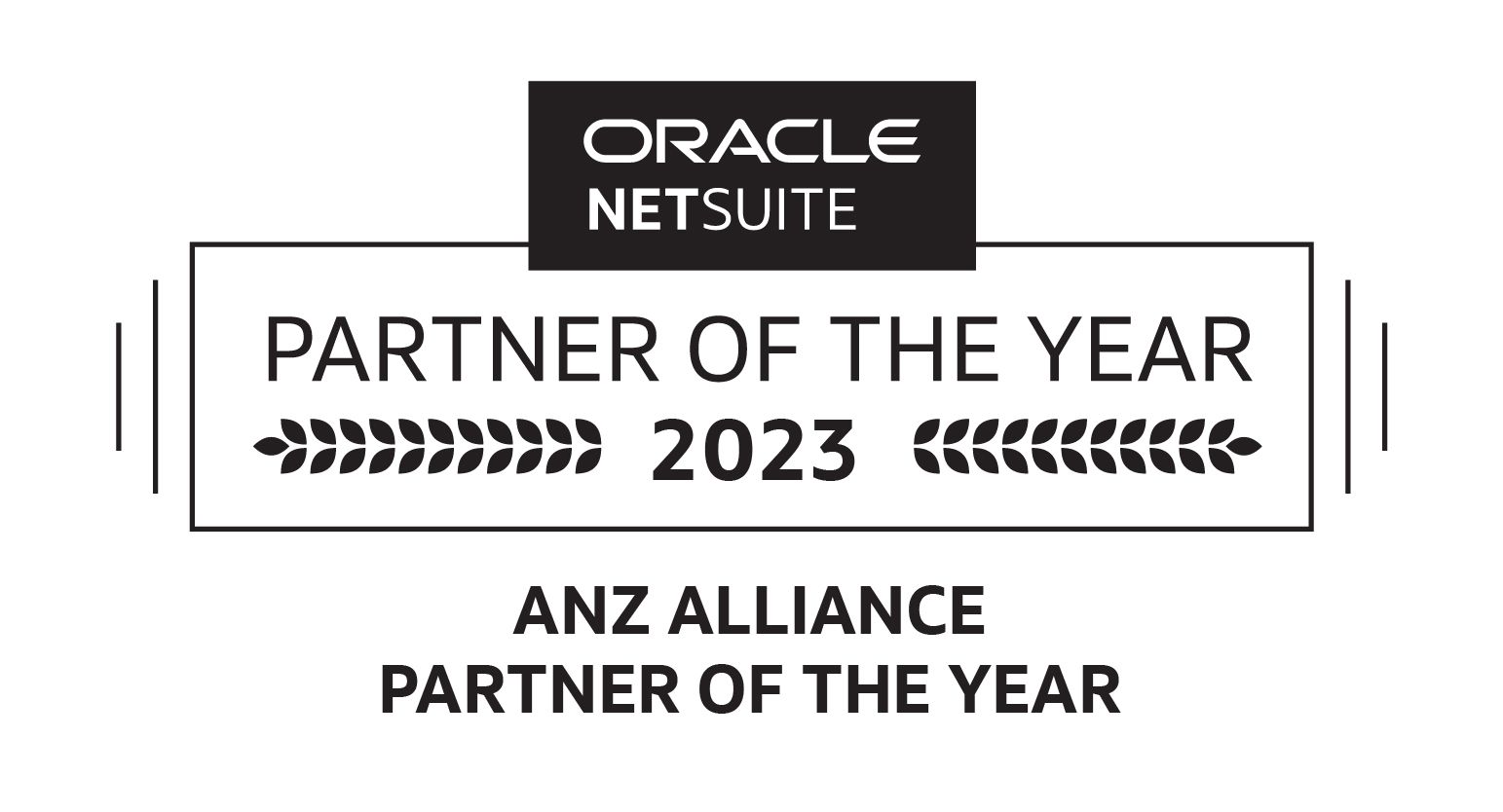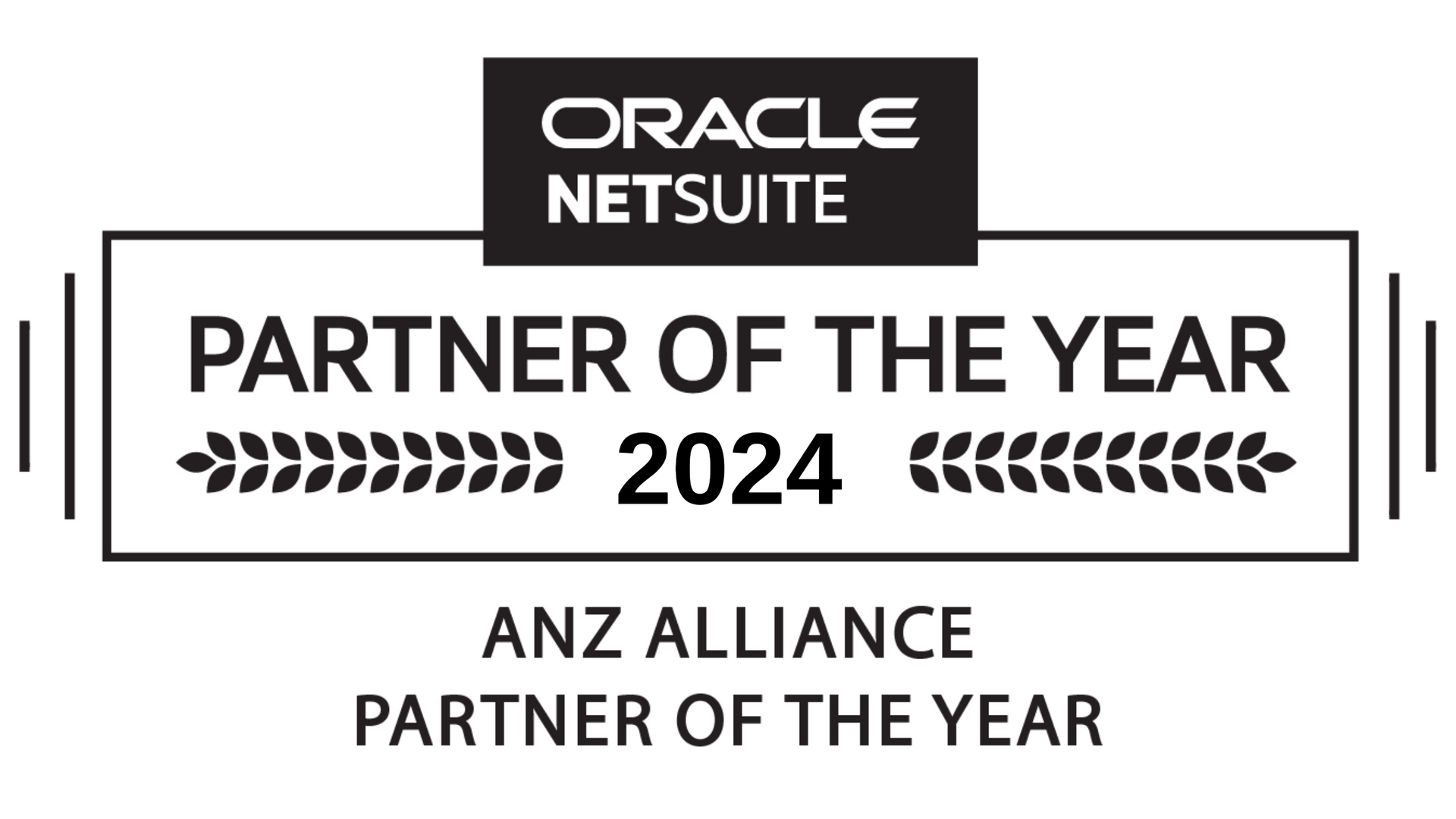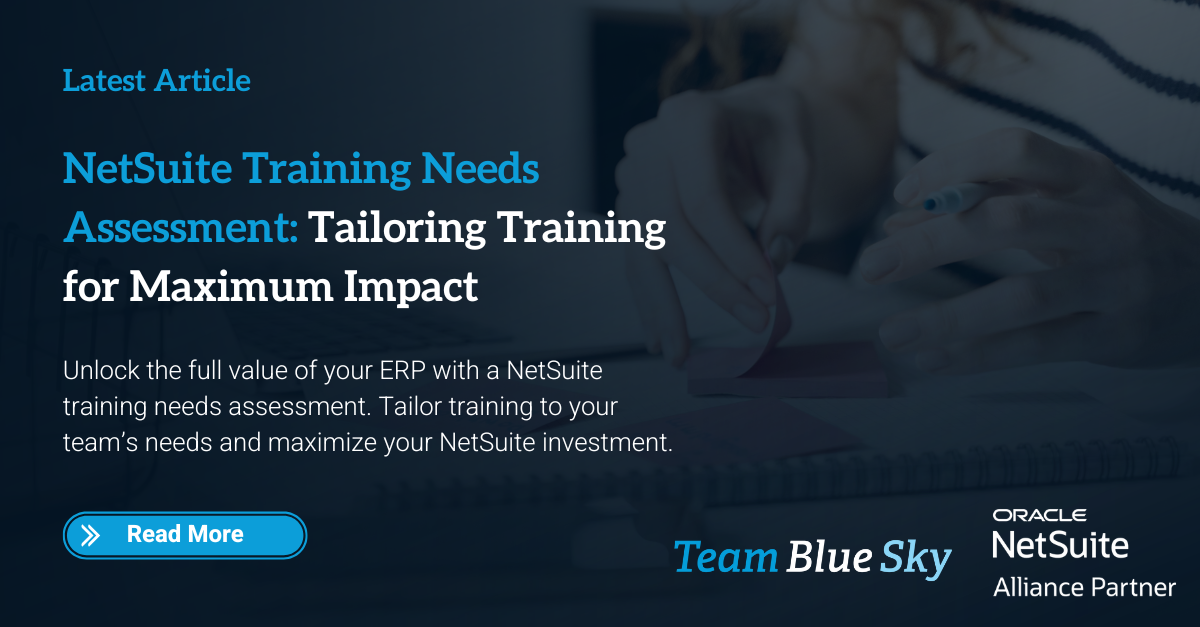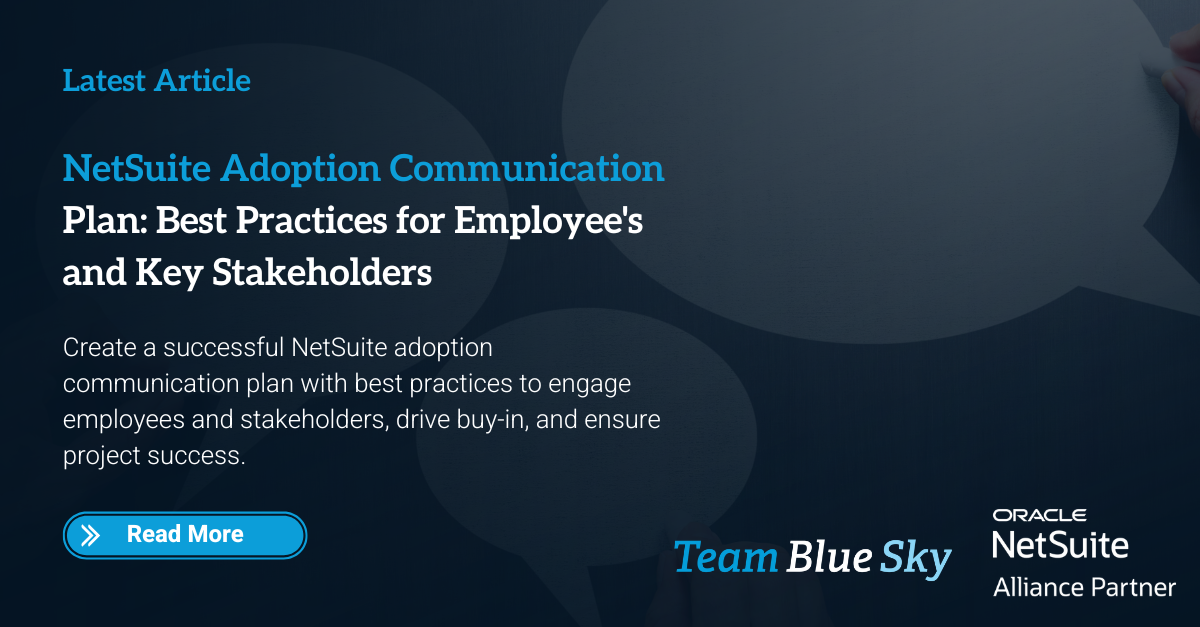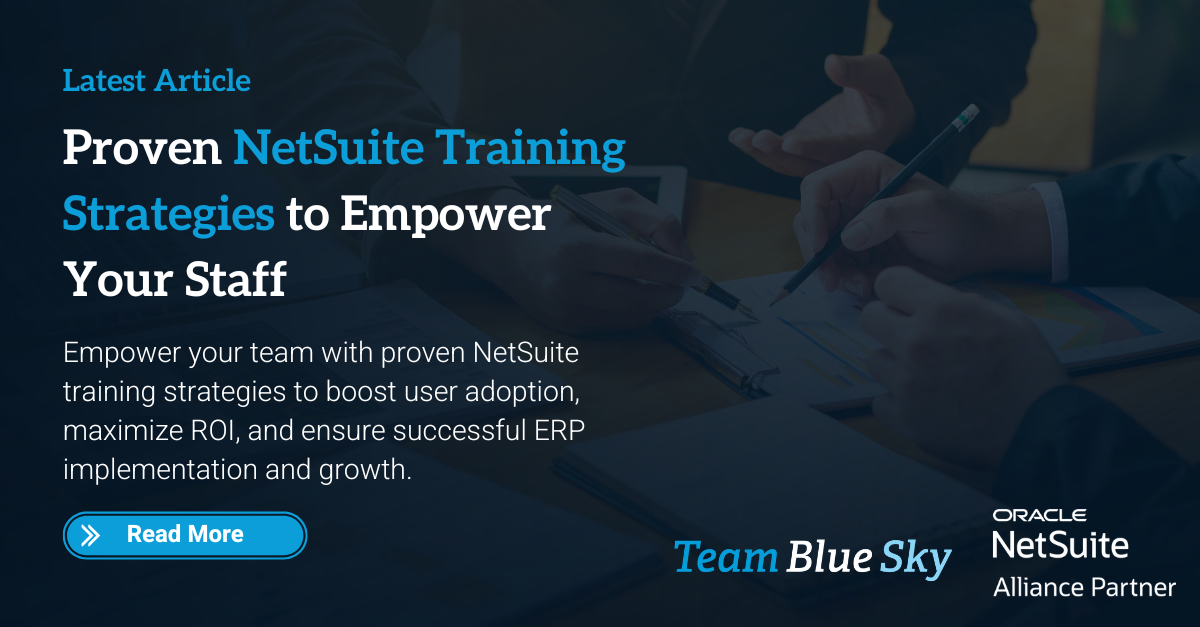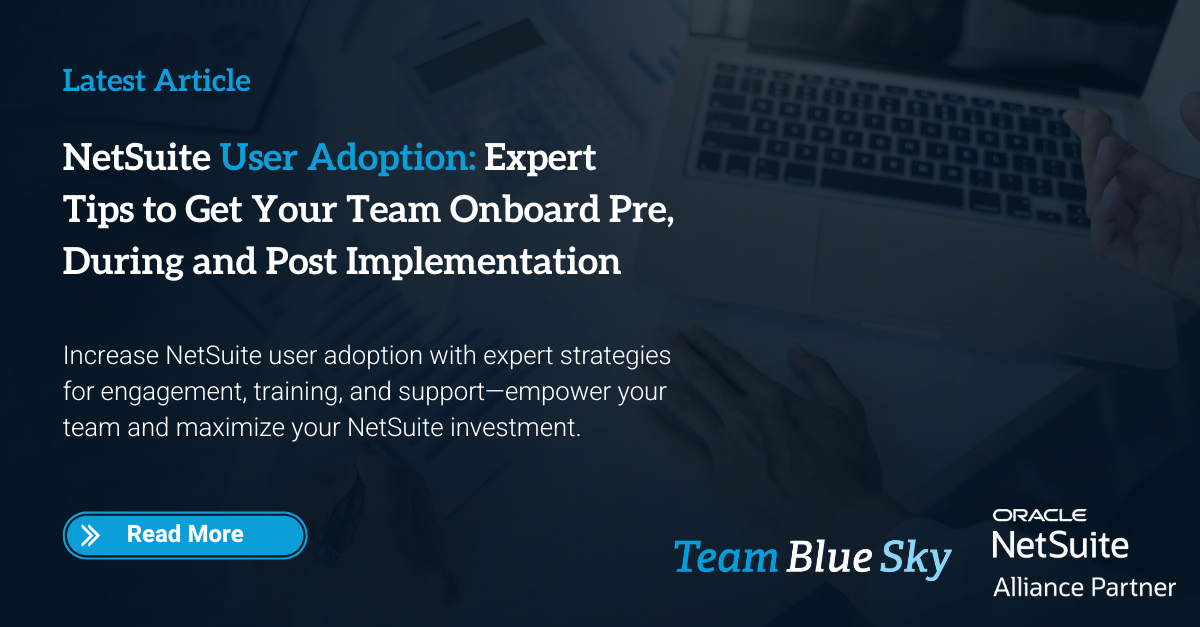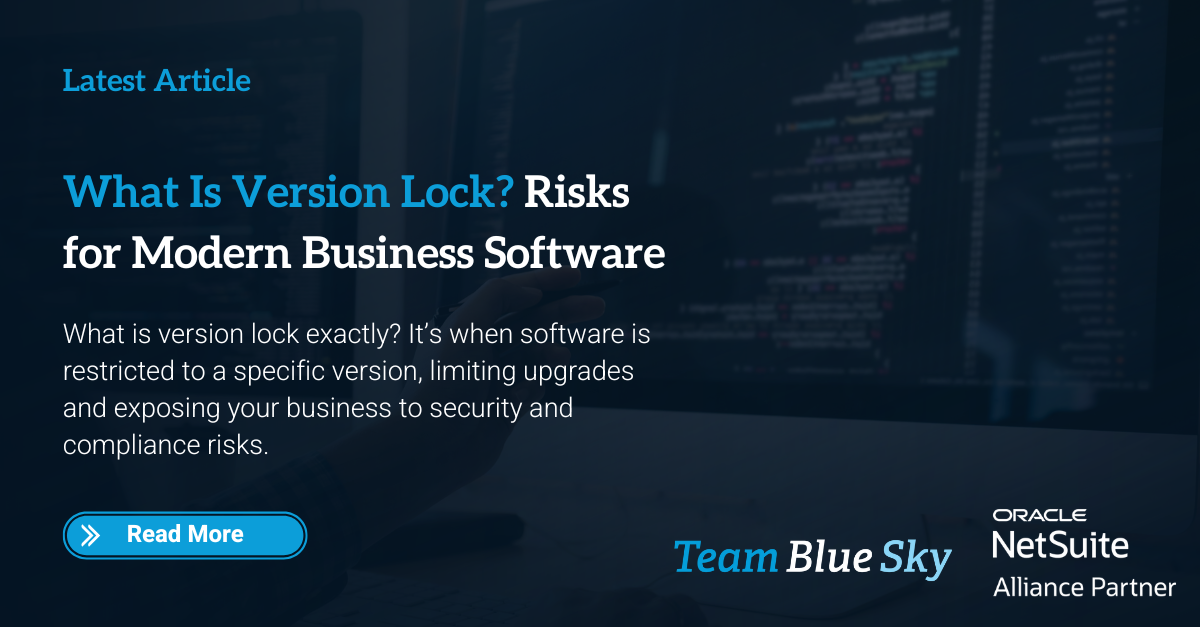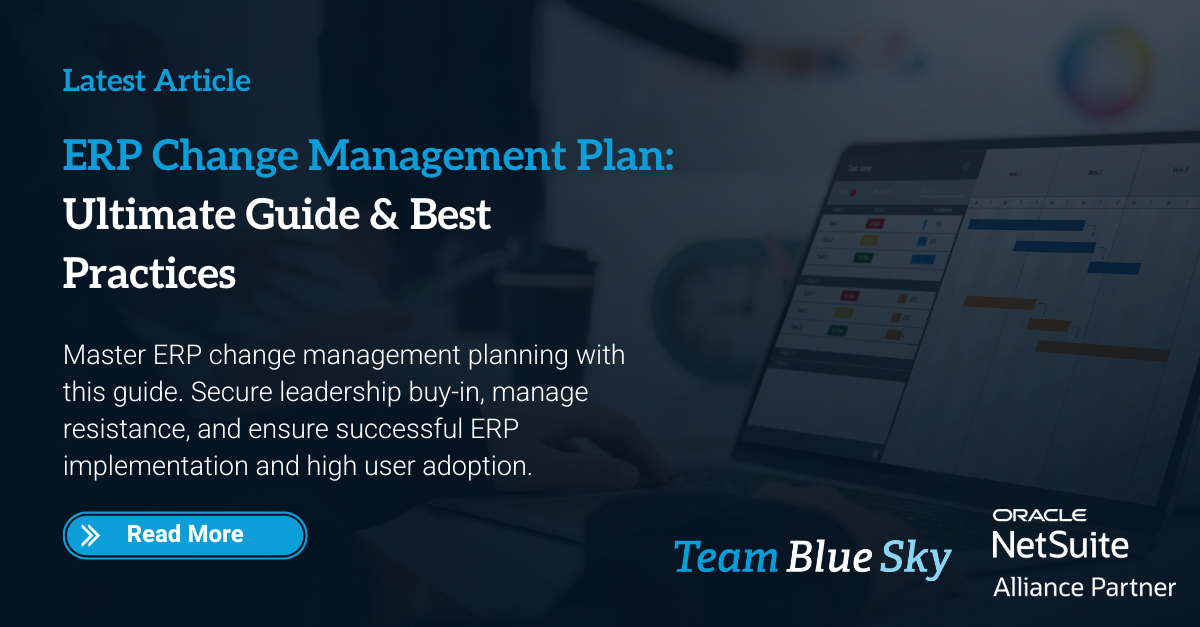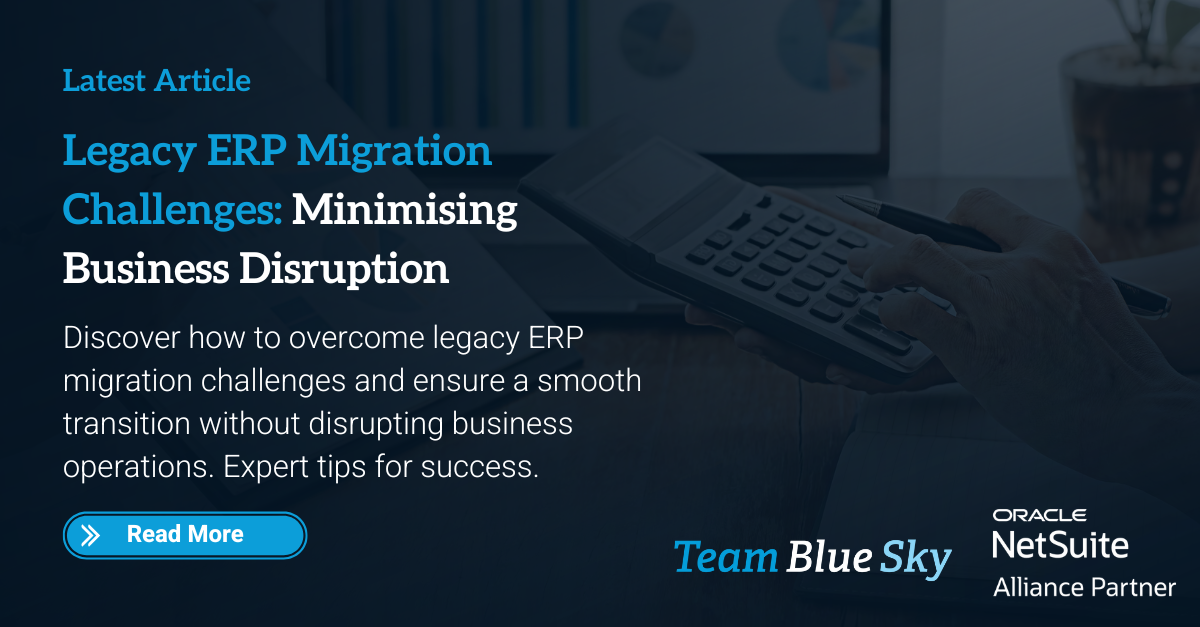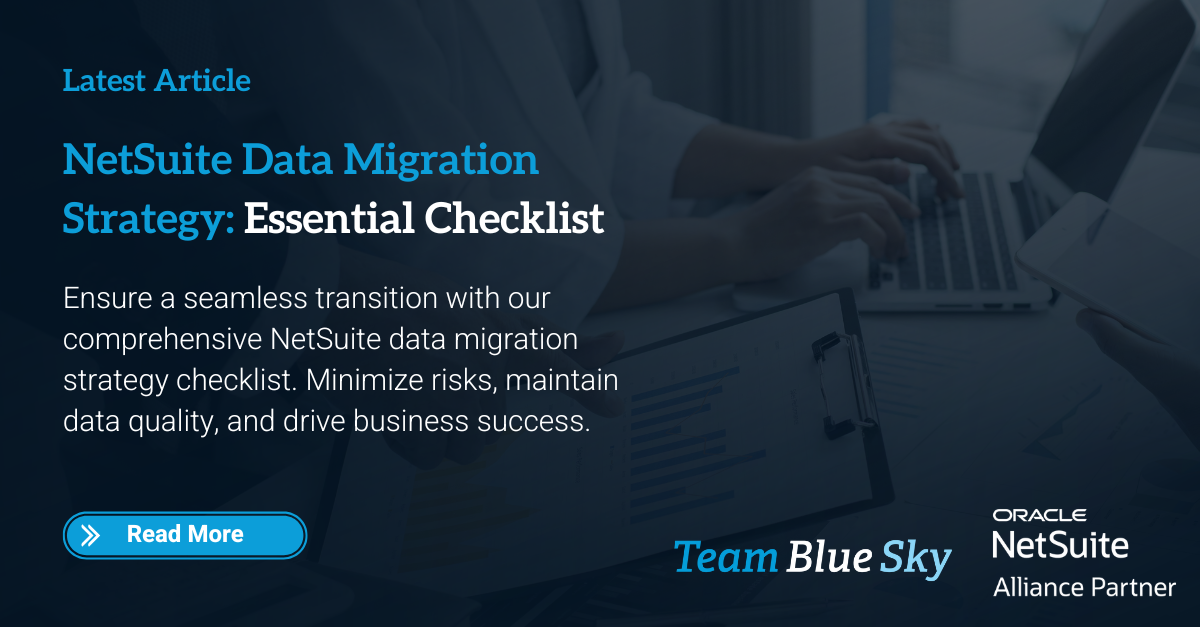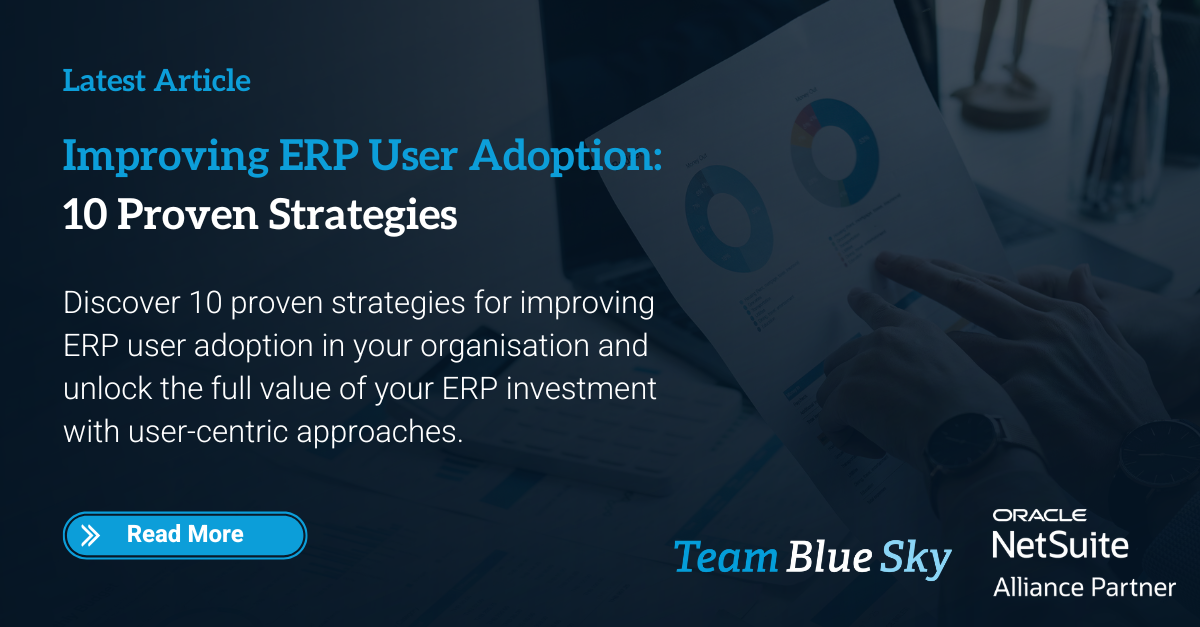Ultimate Guide to NetSuite Integration
Overview
NetSuite is a comprehensive cloud-based ERP system that offers a wide range of features and functions to help businesses run more efficiently. NetSuite also offers an extensive API that makes it possible to integrate with a vast array of third-party applications and services. This makes NetSuite an ideal platform for businesses looking for a single system to manage all their operations.
Integration has become a staple in the modern world of business. As long as a best-of-breed approach to enterprise tools is the prevailing method, we will rely on integrations to improve efficiencies. And when it comes to NetSuite, this is doubly true. NetSuite’s robust API and reporting tools make it the perfect place to be your business's “single source of truth.” A single system where you can get all of your business-related questions answered.
In this guide, we will discuss the different ways you can integrate NetSuite with other applications and services. We will also provide some tips on how to get the most out of NetSuite’s integration capabilities.
What Exactly is a NetSuite Integration?
A NetSuite Integration is the process of connecting two or more applications so that they can share data and interact with each other. NetSuite offers a number of different methods for integrating with other applications, including APIs, web services, and file transfers. NetSuite also offers a wide range of pre-built integrations that you can use to get started quickly.
NetSuite’s integration capabilities make it possible to connect with hundreds of other applications and services. This allows you to manage your data in a single system and improve efficiency by integrating with other applications. NetSuite’s integrations are also easy to configure and use, making them an ideal choice for businesses of all sizes.
How is it Technically Possible?
NetSuite's comprehensive platform gives businesses the ability to connect with other systems and exchange data. NetSuite's APIs and file-transfer capabilities make it easy to connect with other applications.
When it comes to NetSuite integrations, the possibilities are endless. With NetSuite’s comprehensive platform, businesses can connect with other systems and exchange data in a variety of ways and NetSuite’s built-in integrations provide a number of pre-configured options. NetSuite’s integrations are also easy to configure and use, making them an ideal choice for businesses of all sizes.
NetSuite Integration Options
There are a number of ways you can integrate NetSuite with other applications and services. The most common methods include:
API Integration
API integration is the most comprehensive and sophisticated way to integrate NetSuite with other applications. With API integration, you can access all of NetSuite’s features and functions from within other applications. NetSuite also offers a wide range of APIs that allow you to access data and functionality from within NetSuite. This makes it possible to build custom integrations that meet your specific needs.
NetSuite SOAP Integration
NetSuite offers a SOAP-based API that allows you to access all of NetSuite’s features and functions from within other applications. The NetSuite SOAP API is based on the WSDL (Web Services Description Language) standard, making it easy to use with most programming languages. NetSuite also offers a wide range of libraries and tools to help you get started with the NetSuite SOAP API.
NetSuite REST Integration
NetSuite also offers a REST-based API connectivity that allows you to access and connect NetSuite data with other application databases. The NetSuite REST API is based on the JSON (JavaScript Object Notation) standard, making it easy to use and compatible with most modern cloud and server based software.
Data Integration
Data integration allows you to import data from other applications into NetSuite. This can be useful for importing customer data, product data, or other data that you want to keep track of in NetSuite. NetSuite offers a number of different methods for importing data, including:
NetSuite CSV Import
NetSuite includes a built-in CSV import tool that enables you to move data from other programs into NetSuite. The CSV import utility is simple to use and allows you to rapidly bring large amounts of information into NetSuite.
NetSuite Excel Import
NetSuite also offers an Excel import utility that allows you to import data from Excel files into NetSuite. The Excel import utility is easy to use and lets you quickly import data from your Excel files into NetSuite.
NetSuite XML Import
NetSuite also offers an XML import utility that allows you to import data from XML files into NetSuite. The XML is less common, but can be useful for certain applications.
Custom Integration
NetSuite also offers a wide range of integration options that allow you to build custom integrations between NetSuite and other applications. This includes the ability to create custom APIs, Web Services, and reports. NetSuite’s integration capabilities make it possible to build custom integrations that meet your specific needs.
Third-Party Integration Tools
There are also a number of third-party integration tools available that can help you integrate NetSuite with other applications. These tools typically offer a graphical user interface that makes it easy to configure and set up integrations between NetSuite and other applications.
Zapier Integration
Zapier is a popular cloud-based integration platform that allows you to connect NetSuite with over 1,500 other applications and services. With Zapier, you can easily create integrations between NetSuite and other applications without having to write any code. Zapier offers a wide range of pre-built integrations that you can use to get started quickly.
Celigo Integration
Celigo is another popular cloud-based integration platform that allows you to connect NetSuite with over 500 other applications and services. Celigo offers a number of pre-built integrations that you may use to get up and running quickly.
Jitterbit
Jitterbit is an industry-leading integration platform that connects NetSuite with over 1,000 other applications and services. Jitterbit also provides a variety of pre-built integrations to get you up and running quickly.
Tips on Getting the most Out of NetSuite’s Integration Capabilities
1. Plan Ahead
When planning an integration with NetSuite, it is important to think ahead and map out the entire process. This will help ensure that the integration is implemented correctly and that all your needs are met.
2. Use NetSuite’s Resources
NetSuite offers a number of resources to help you with integrations, including libraries, tools, and support. These resources can be extremely helpful in getting started with NetSuite integrations.
3. Test Your Integrations
It is important to test your integrations thoroughly before putting them into production. This will help ensure that they are working correctly and that there are no missed errors or problems.
4. Keep Your Integrations Up to Date
NetSuite integrations can change over time as NetSuite releases updates and new features. It is important to keep your integrations up to date to ensure that they are working optimally.
5. Get Help if You Need It
If you need help with NetSuite integrations, don’t hesitate to contact TeamBlueSky. We can provide assistance in getting your integrations up and running.
NetSuite Developer Network
NetSuite also offers a wide range of resources for developers, including the NetSuite Developer Network (NDN). The NDN is a community of NetSuite developers from around the world who share their knowledge and expertise on developing with NetSuite. The NDN includes forums, blogs, articles, code samples, and more to help you get started with NetSuite development.
Why Integrate NetSuite?
There are a number of reasons why businesses should integrate NetSuite with other applications. Some of the benefits include:
Improved Efficiency
Integrating NetSuite with other applications can improve efficiency by allowing you to manage your data in a single system. This can save time and money by eliminating the need to manually enter data into multiple systems.
Greater Control Over Data
Integrating NetSuite with other applications gives you greater control over your data. You can use NetSuite to manage your data in other applications and you can also use NetSuite’s reporting features to get quick and easy insights into your data.
When to Consider a NetSuite Integration?
There are a number of times when businesses should consider integrating NetSuite with other applications. Some of the most common instances include:
- When you need to share data between applications
- When you need to automate business processes
- When you need to access data from other applications
- When you need to report on data from other applications
What Are Some Integration Challenges Specific to NetSuite?
NetSuite is a very comprehensive platform, which can make it challenging to integrate with other applications. NetSuite’s APIs are powerful, but they can also be complex and difficult to use. NetSuite’s file-transfer capabilities are also robust, but can be difficult to configure. This can make it difficult for businesses to get started quickly.
NetSuite also requires some knowledge of programming in order to configure integrations. If you don’t have any programming experience, you may need to hire a developer to help you get started.
Complexity
Integrating multiple business applications can be complex and time consuming. It’s important to carefully plan and execute the integration process in order to achieve the desired results.
Downtime
Integrating your business applications can temporarily disrupt business operations. It’s important to schedule the integration process during a time when business disruption will have the least impact on your organisation.
Training
In order to get the most out of NetSuite Integration, it’s important to train employees on how to use the new system. This training should include how to use the new applications as well as how to properly integrate them into your business operations.
Data Mapping
Data mapping is the process of translating data from one application into a format that can be understood by another application. This can be a time-consuming and challenging process, especially when dealing with complex data structures.
Integration Testing
Integration testing is the process of verifying that two or more applications can successfully interact with each other. This can be a time-consuming and challenging process, especially when dealing with more than two applications.
What are some examples of NetSuite Integrations?
Salesforce
NetSuite’s integration with Salesforce allows businesses to manage customer data and interactions across both platforms. This integration can help improve lead tracking, sales forecasting, and customer service operations.
Shopify
NetSuite’s integration with Shopify allows businesses to manage their online stores and inventory from within NetSuite. This integration can help streamline order management and fulfilment processes.
Microsoft Dynamics NAV
NetSuite’s integration with Microsoft Dynamics NAV allows businesses to manage their finances and operations in NetSuite, and also to access data from Microsoft Dynamics NAV. This integration can help improve financial reporting and planning processes.
Oracle Financials Cloud
NetSuite's connection with Oracle Financials Cloud allows businesses to access and manage their financial data in NetSuite, as well as data from Oracle Financials Cloud. This integration might assist organisations who have complicated IT structures and legacy data.
SAP Business One
NetSuite’s integration with SAP Business One allows businesses to access their financial and operations data in NetSuite, as well as data from SAP Business One. This can be helpful for businesses that want to consolidate their data into a single system.
What are the benefits of NetSuite Integration?
Improved efficiency
By integrating your business applications, you can streamline business processes and improve overall efficiency. This can help you save time and money.
Single Source of Truth
A single system where you can get all of your business-related questions answered is invaluable. NetSuite’s robust API and reporting tools make it the perfect place to be your business's “single source of truth.”
Improved Accuracy
By integrating your business applications, you can minimise the risk of data entry errors. This can help improve accuracy and reduce the need for manual data correction.
Improved Customer Service
By integrating your business applications, you can provide a better customer experience by providing a single view of the customer across all channels. This can help you more effectively manage customer interactions and support requests.
One Way vs Bi-directional Integrations
There are two types of NetSuite integrations: one-way and bi-directional. One-way integrations allow data to flow in a single direction, typically from a source application to a target application. Bi-directional integrations allow data to flow in both directions, typically between two closely related applications.
Which Type of NetSuite Integration is Right for My Business?
The answer to this question depends on your business needs and requirements. If you are looking for improved efficiency and a single source of truth, then a NetSuite-to-Application bi-directional integration may be the best option for you. If you are looking to integrate with an external application, then a NetSuite-to-Application one-way integration may be the best option.
How do I get started?
If you’re interested in integrating NetSuite with other applications, the first step is to identify the applications that you want to connect with. Once you have a list of applications, you can begin investigating the different integration options that are available.
Once you have selected an integration option, the next step is to configure the integration. NetSuite offers a number of helpful resources, such as tutorials and support articles, that can guide you through the configuration process. If you need additional help, you can also contact NetSuite’s support team, or a NetSuite Alliance Partner like TeamBlueSky for assistance.
If you are interested in learning more about NetSuite integration, or if you would like to discuss a specific integration project, please contact us today. We would be happy to help!
This article is about:
NetSuite integration, integration platform, business processes, integrate NetSuite, integration solutions, NetSuite business data, manual data entry, extend NetSuite, business users, integration apps, platform as a service, securely exchange data, data exports, direct to api integration, soap web services, integration flows, custom integrations, api management, business process, sales chat, integration middleware product, NetSuite integrations, cloud native environments, existing investment, processes managed, NetSuite erp, scalable integrations, NetSuite account, developing integrations, pre built solutions, costly errors, architecture calls, business requirements, chat assistant, data, api integration, different systems, erp crm, integration, other systems, order data, business, NetSuite, full range, cloud based, processes, systems, users, integrations, erp, customers, crm, service, integrate, on premises, other applications, developers, connect, develop, practices, create, visibility, services, apps, best practices, benefits, api, software, automate, solution, integrating, suitecloud paves, resources, system, companies, support, businesses, fulfillment, cloud, search.

Henry Sack
General Manager

With over 12 years of experience as a NetSuite implementation consultant, Henry Sack leads TeamBlueSky’s team of NetSuite and accounting experts in his role of General Manager.
TeamBlueSky is a leading Australian
NetSuite Alliance Partner whose mission is to provide critical
NetSuite BPO and
Payroll services to NetSuite clients who are wanting to simplify their
back office processes and partner with a leading
NetSuite administration expert.
TeamBlueSky have also partnered with global Suite Developer Network partners to offer local solutioning, implementation and support services for global NetSuite SuiteApps.


